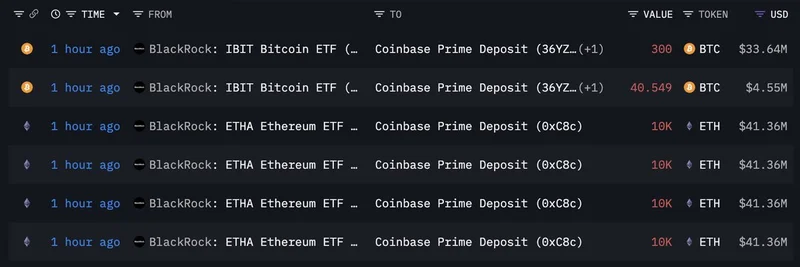In the fast-paced world of decentralized finance (DeFi), having access to accurate and real-time price data can make all the difference between a thriving protocol and one that's prone to risks. That's exactly why the recent integration announced by Thala Labs is turning heads in the Aptos ecosystem. By tapping into Pyth Network's sponsored price feeds, Thala is set to deliver deeper liquidity and safer markets for key assets on Aptos.
What's the Buzz About?
It all started with a tweet from Pyth Eco, highlighting new sponsored moves on Aptos. They announced that sUSDe from Ethena Labs, along with AMI and stAPT from Amnis Finance, are now sponsored on the network. These assets are being leveraged by protocols like Thala Labs and Echelon Market to provide institutional-grade data to everyone. Thala Labs quickly reposted, emphasizing how they're using these feeds to power their liquidity engine.
For those new to the terms: Pyth Network is a decentralized oracle that pulls price data from top-tier sources like exchanges and market makers, delivering it on-chain in real-time. Sponsored feeds mean these prices are subsidized, making them more accessible without high costs for users or protocols. On Aptos—a high-speed, scalable blockchain— this integration means smoother operations for DeFi apps.
Breaking Down the Assets
Let's simplify the key players here:
- sUSDe: This is the staked version of Ethena's synthetic dollar (USDe), a stablecoin designed to maintain its peg through hedging strategies. Staking it (sUSDe) lets users earn yields while keeping liquidity.
- AMI: Short for Amnis Incentive Token, it's part of Amnis Finance's ecosystem on Aptos, rewarding users for participation in liquid staking.
- stAPT: Amnis's liquid staked APT token, allowing holders to stake Aptos's native token (APT) without locking it up, so they can still use it in DeFi while earning rewards.
Thala Labs, known as the "Liquidity Engine of Aptos," uses these feeds to ensure their automated market maker (AMM) and stablecoin (Move Dollar) operate with precise pricing. This reduces risks like liquidation cascades or arbitrage exploits, which are common in volatile markets—think meme token pumps and dumps.
Why This Matters for Meme Token Enthusiasts
While this update is DeFi-centric, it has ripple effects for the meme token scene on Aptos. Better oracles mean more reliable lending, borrowing, and trading pairs involving stablecoins and staked assets. Imagine launching a meme token pool on Thala's AMM with sUSDe as collateral—traders get tighter spreads, lower slippage, and enhanced security. In a blockchain where meme projects like those inspired by viral trends thrive, this infrastructure upgrade could attract more builders and liquidity, fueling the next wave of Aptos memes.
Aptos has been gaining traction for its low fees and fast transactions, making it a hotbed for experimental tokens. With Pyth's data backing Thala, protocols can handle high-volume trades without the oracle issues that plague other chains. It's like giving your meme portfolio a safety net.
Looking Ahead
This collaboration between Thala Labs and Pyth Network underscores a growing trend: cross-protocol partnerships to build more robust ecosystems. As Aptos continues to expand, expect more integrations that bridge traditional finance data with on-chain innovation. If you're diving into Aptos DeFi or eyeing meme opportunities, keeping tabs on Thala could pay off—literally.
For the full thread, check out the original post on X. Stay tuned to Meme Insider for more updates on how blockchain tech is evolving to support the wild world of memes and beyond.



